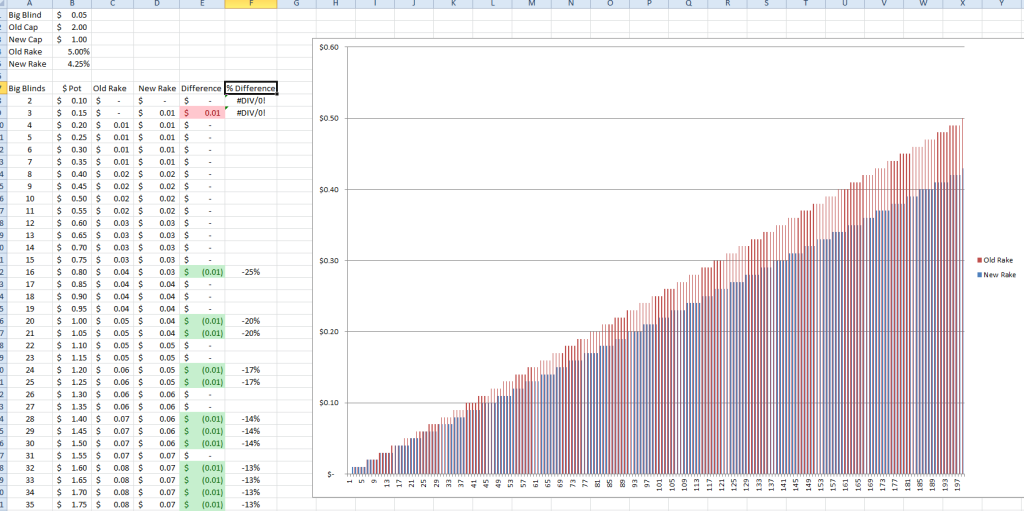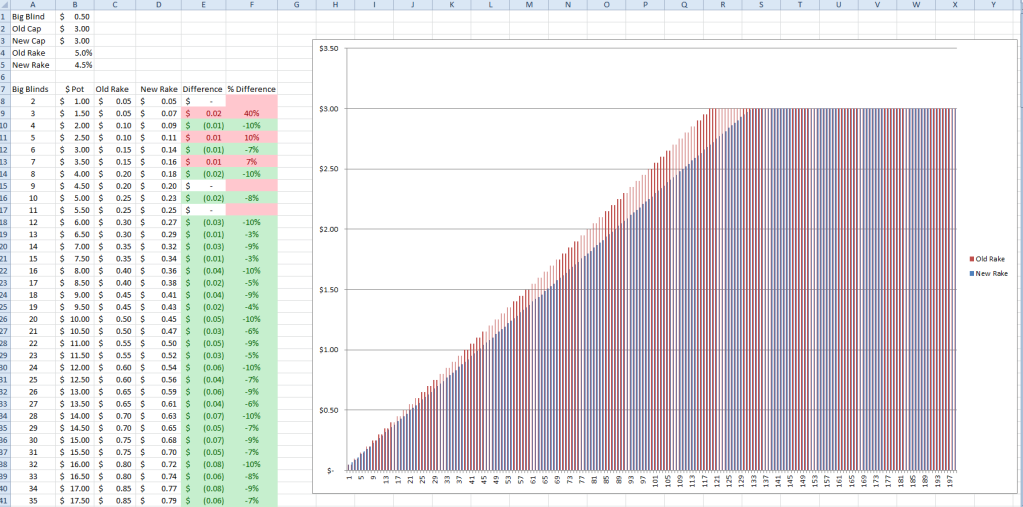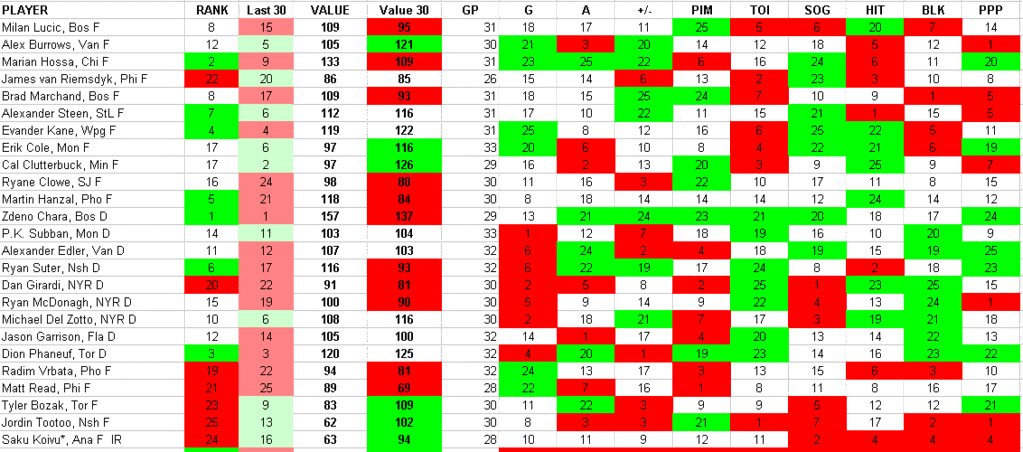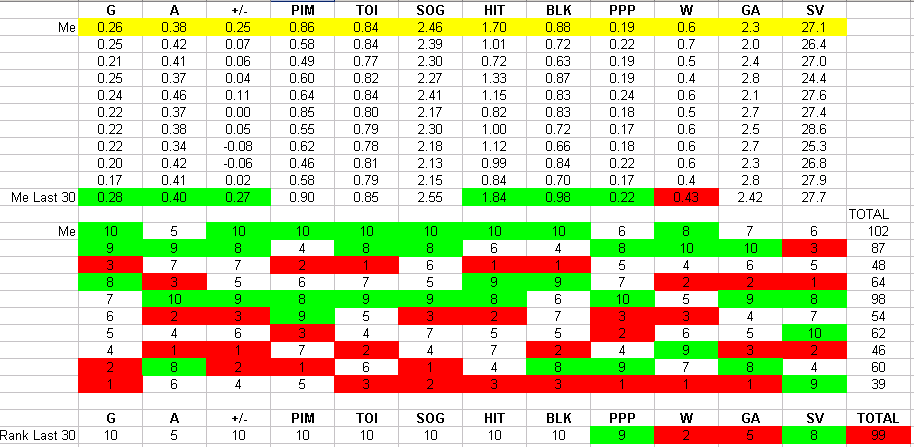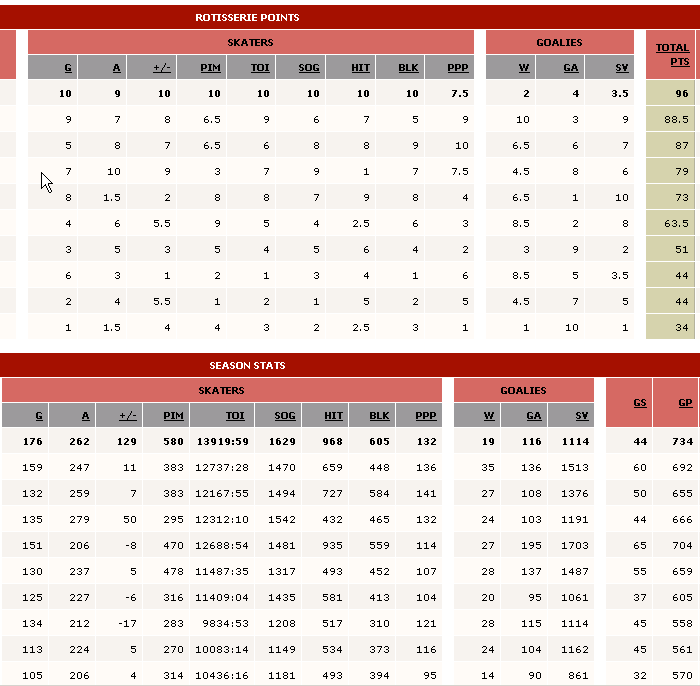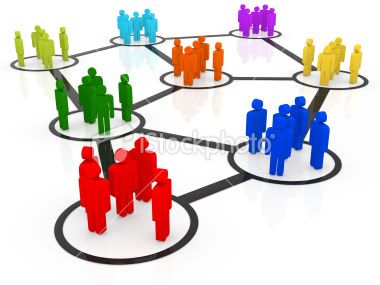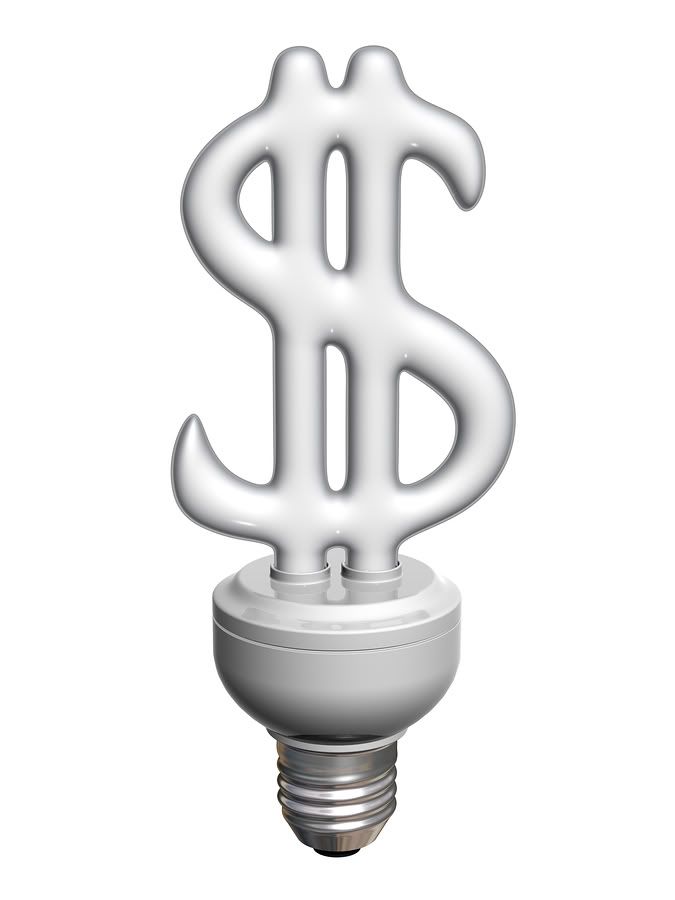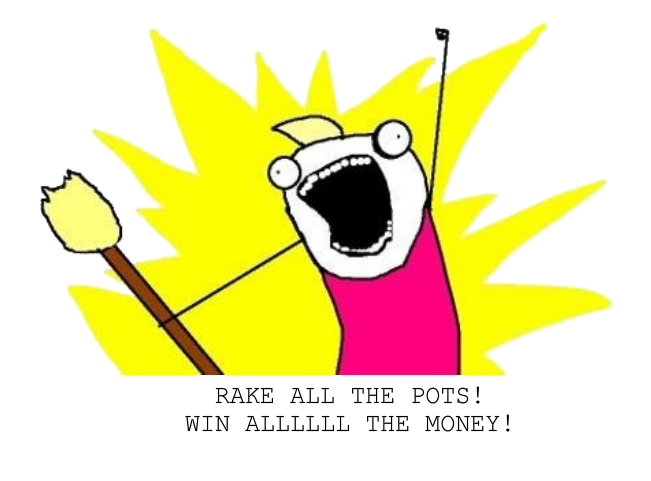I was starting to respond to a comment from my last post and it kind of turned into a blog post of it's own. I thought I might as well create a new post instead of having this buried in an obscure comment section.
Sammy Blackstar said...
"After coming back to online poker after 1 year from Oct.2010 I'd have to totally agree with this. The traffic on the cash games is pretty much 24 tables at each limit with regs making up the average.
I thought oh well I'll grind SNGs, the traffic is down on those. I think the #1 problem isn't the FPP Pros, it is that there are FAR TOO MANY Poker sites and so it isolates the players to many different places so getting a good game going is hard.
I blame Deuces Cracked and The Poker Blueprint for making this all happen. They show exactly how to mass table 10-50nl and make more then a minimum wage job."
I don't know if I can really blame it on there being too many poker sites. I took a look at pokerscout and added up the peak time cash players that are not ring-fenced -- I discarded all of the .it and .fr and svenska spel etc -- and there seem to be about 40k international peak time cash game players compared to Stars' 46k international peak cash players.
If we took all of those players and stuck them on Stars, sure we'd double the player pool and increase the number of tables somewhat, but I don't know how big of a dent it would make in the shark:fish ratio due to the 24 table limit.
Lets say the current pool is 75% fish and 25% regs on Stars with real fish averaging 1 table and regs averaging 15. That's a 5:1 reg:fish ratio (pretty accurate ime for a mid cross section of the lobby at 25NL-50NL where there's more fish lower and less higher).
Now lets double the pool with the incoming players being a 80/20 split from euro sites. Essentially 155 fish for every 45 regs total for new percentages of 78% fish and 22% regs. With a 1 vs 15 table split it improves to 4.2:1.
That's obviously better, but it's not really going to happen and the same can be accomplished by simply reducing the average tables played by regs to 12 or less (note I'm not saying the average is 15, just for calculation's sake but as a general rule this shows that reducing tables slightly will vastly improve ratios compared to making huge increases in the player pool not having much relative effect).
Compare that to the 80/20 or better split on Euro sites where the software is so terrible that regs can't play more than 6 tables and are not enticed to play there even though it has 60% rakeback. You end up with a super fishy ratio of 1.5:1 through nothing more than a bad software feature.
I do however agree with you that training sites and good poker books literally giving away information for fractions of a penny on the dollar returned is largely at fault as well for turning the pool from a 90/10 split into a 75/25 split.
I distinctly remember people laughing at high priced ebook prices saying "A book is not worth $1000." Sure, a book is only worth $10 in paper and preparation, but the knowledge contained in it is worth thousands if it's groundbreaking stuff that other people don't have access to. I greatly attribute my success and progress in 2009 to the thought process structures in Baluga's Easy Game and I can track the flattening of my graph according to how fast the curve caught up to me as that info trickled out into the public domain.
Training sites and poker book authors vastly undervalue their product. This is a niche market and new information in niche markets is worth
a lot of money. College textbooks and classes get you from $25k/year to $75k/year for a one time $1k-$5k purchase on books and $10k-$100k on classes depending where you live -- an amazing return. (Yes you could argue that the information is worthless and the piece of paper you get at the end is where the money is which is true a lot of the time -- but think engineering, graphic design, accounting...).
Poker information does exactly the same thing but people just see it as a book for a game. Full Stop. So it's only worth $29.99 -- giving the smart people that can actually implement it an incredible deal and return on investment in the process -- and authors and sites have decided to go with the mass production approach.
Kind of like how the poker sites are in a "RAKE ALL THE POTS!" mode right now trying to scoop as much as they can while they can by redistributing rake -- think switching to "fun and fair" weighted contributed which was actually less fun and far from fair -- and desperately trying to increase volume.
I can't say I really blame them since it's starting to look like a boom and artificially induced bust fad. Don't get me wrong, poker is not going to ever die out. Slots have always been -EV but they've always survived.
It's going to be interesting to see how the online game evolves. I expect with the status quo there will be a slow, mass culling of regs who get sick of being FPP pros or start only breaking even after rakeback, at which point the game will become more profitable again, leading to another slow decline as some regs trickle in and out of the game.
I only see two ways to avoid this eventual inevitability: reduce tables or have regulation that lets the public know they are free to be perpetual massive whales and a permanent source of disposable income. It's kind of ironic that if this happens, US players are actually going to end up way better off than the rest of us if they don't let us in, assuming their government doesn't rake them to death.




